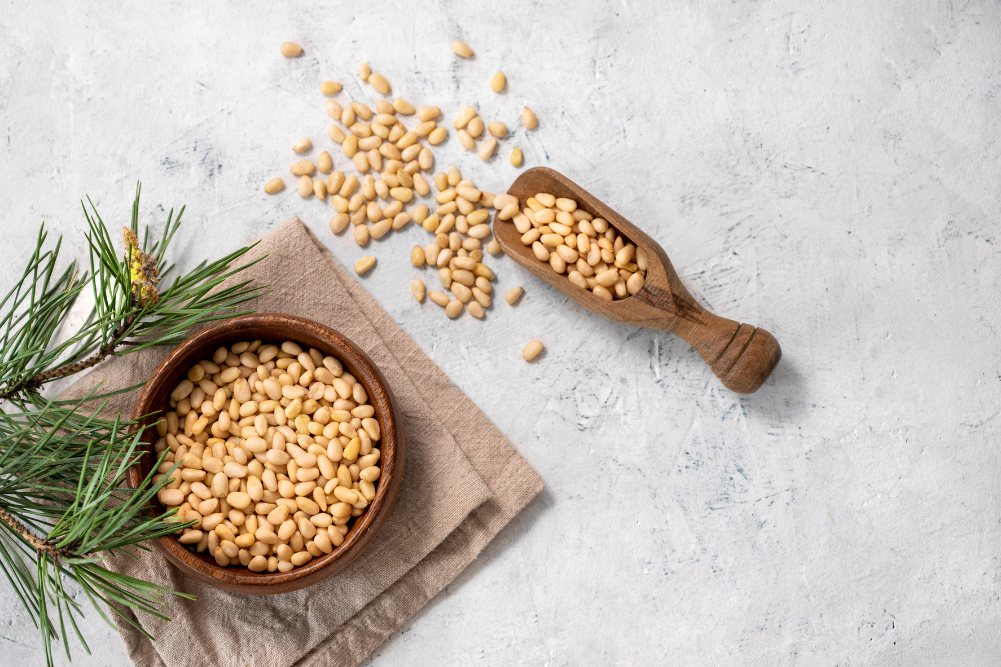The link between pomegranates and Alzheimer’s
The pomegranate is a remarkably precise fruit. Every pomegranate is composed of exactly 840 seeds, each surrounded by a sac of sweet-tart juice contained by a thin skin. The seeds are compacted around the core in a layer resembling honeycomb. The layers of seeds are separated by thin white membranes which are bitter to the tongue. The inner membranes and rind are not generally eaten due to a high tannic acid content, but they are useful as a skin wash. In recent times a lot of attention has focussed on the healing potential of the antioxidant polyphenols contained in pomegranate and now a new study has shown that even the by-products of pomegranate metabolism can be very good for your brain.
For now it looks as though the mechanism for pomegranate's protective effect in Alzheimer's may have been found.
One of the diseases of the brain that we all fear is Alzheimer’s. There has been evidence suggesting that pomegranate can help prevent Alzheimer’s but exactly how has not been fully explained.
We know that Alzheimer’s is associated with the build up of beta-amyloid protein via a process known as fibrillation in which the beta-amyloid forms clumps in the brain. However to stop that fibrillation happening a compound would have to cross the “blood brain barrier”, a series of cell junctions that act as a protective barrier to stop the brain being exposed to just any chemical that drops into the bloodstream.
This new research found that pomegranate polyphenols cannot cross the blood-brain-barrier however, urolithins can cross that protective shield. Urolithins are formed when polyphenols from pomegranate are acted on by gut bacteria and the researchers showed that urolithins reduce beta-amyloid fibrillation (forming fibrils) in the laboratory. Further studies need to be done to show that this does happen in the real world, but for now it looks as though the mechanism for pomegranate’s protective effect in Alzheimer’s may have been found.
There’s a life lesson there for all of us, if at first you can’t cross an impenetrable barrier then be transformed into something that can.






